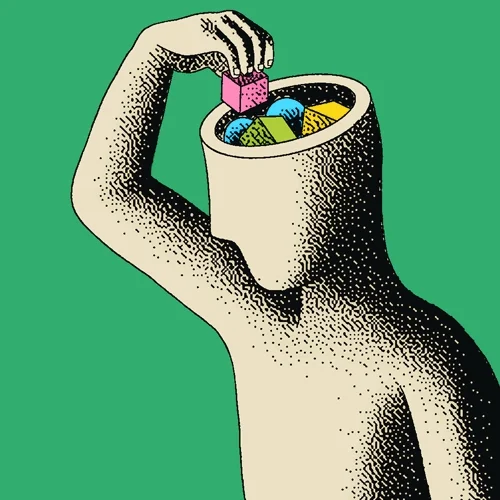
Do you want to use technology to bring creative ideas to life?
Studying digital media gives you the tools to use technology to capture people's attention and communicate through message-making, content creation, and storytelling.
Do you want to make media, join the creator economy, or build a business?
Studying digital media can help you to find work as a media professional, or as a full-time creator. I was able to apply the knowledge and skills from my degree to successfully start my own business, build a website, and market my services on social media.
Where might a digital media degree take you? Let's explore together.
What is digital media?
With the rise of mobile phones, social media, and streaming services, there has been growth in the demand for people who can create engaging online digital media.
Digital media includes art and design, audio, animation, content creation, marketing, photography, programming, social media, UX (user experience) & UI (user interface), video production, virtual reality, and web design/development.
You have many options!
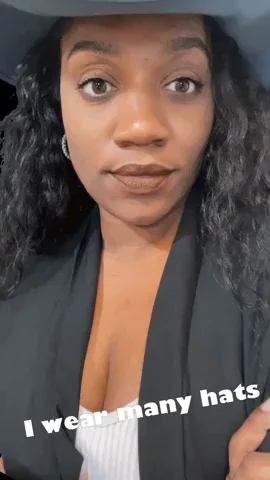
Did you know?
What will you learn in digital media studies?
Practical skills
You'll learn practical skills for planning, designing, and making media such as:
Video production
Graphic and web design
Digital marketing skills like search engine optimisation (SEO)
Social media management
Data analytics
Some programs offer "labs" where you'll learn how to use a specific software program like the Adobe Creative Suite (Adobe Photoshop, Premiere Pro etc), WordPress, or Java.
By the end of your studies, you'll likely build a portfolio of your work to show future employers or clients and showcase the media you can make.
Some programs offer internships in real-world situations like radio or television stations, creative agencies, or as part of a social media marketing team.
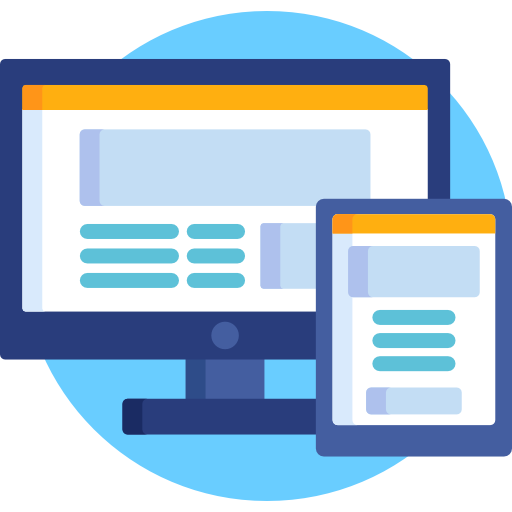
Theoretical skills
You'll also likely study subjects such as:
Media literacy: how to understand and navigate the media landscape critically.
Media laws: how to follow copyright, regulations, and privacy laws and rules.
Media theory: how people choose, consume, and are affected by media.

Possible Bachelor degrees that include digital media: Arts, Communications, Digital Film, Graphic Arts, Fine Arts, and Science.
Postgraduate study might be for you if you're interested in academia or research, or you'd like to develop a specific media skill in depth.
Quiz
You speak to the admissions office of your local university. What should you ask?
What are digital media career options?
You can become a digital media professional or combine these skills with other disciplines like advertising, business, education, journalism, performance, or public relations.
You may pursue a traditional media career (journalist or communications specialist), or a creative media role (content creator or designer).
You might design graphics for a small business, write blogs or articles for a not-for-profit or create social media content for your favorite company after graduation.
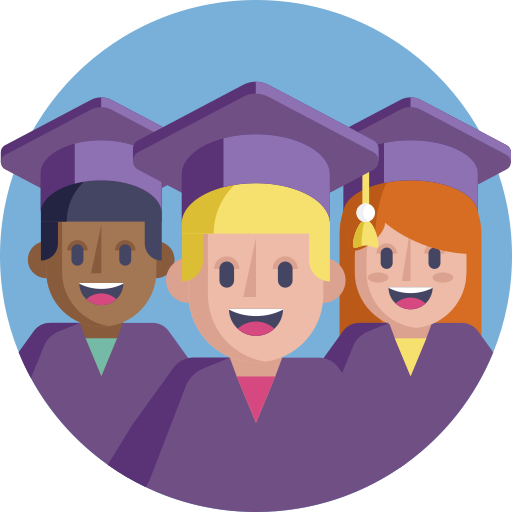
Creative-focused careers
Animator
Video editor
Videographer
Technical-focused careers
Content marketer
Digital strategist
Media consultant
Social media specialist
Web analytics specialist
If you're a wannabe entrepreneur or influencer, strong digital media-making skills can help you build your "personal brand" or business (or do so for others as a freelancer).
Digital media technology and online media outlets are changing rapidly — especially with hearables, smart glasses and VR headsets, as well as generative AI like ChatGPT —so many future digital media career paths are still only in our imagination.
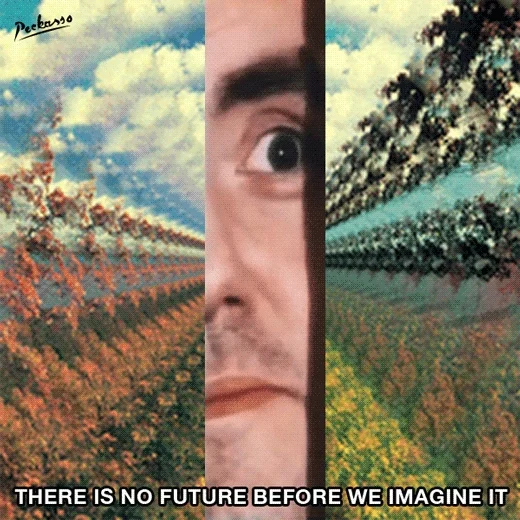
Subscribe for more quick bites of learning delivered to your inbox.
Unsubscribe anytime. No spam. 🙂
How to prepare for digital media studies?

Research the industry you're interested in and see if there are specific skills or software program knowledge that you might need. Even if these aren't covered in your classes, you might be able to access resources via the library, electives, or internships.

Consider your program carefully, as digital media is a broad field that can be studied as part of several degrees. Look at the curriculum closely and compare the programs of a few different schools.

Save money by seeing if you are eligible for scholarships and grants.
Experiment by downloading free software like Adobe Photoshop Express, CapCut, and Audacity, or look for free trial versions.
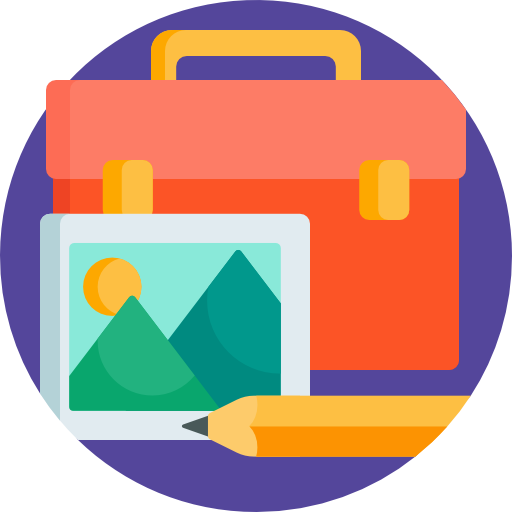
Build a portfolio of work. This can help you with your application and allow you to discover what you enjoy before you begin studying. Make short films? Show them off!
Did you know?
Take Action
Are you still interested in studying digital media? I loved my degree and now teach it to others! I found the practical and theoretical media skills that I learned useful in my business, work and my day-to-day life on social media.
 Photo by Onur Binay on Unsplash
Photo by Onur Binay on UnsplashIf you think you should study digital media:
Your feedback matters to us.
This Byte helped me better understand the topic.
